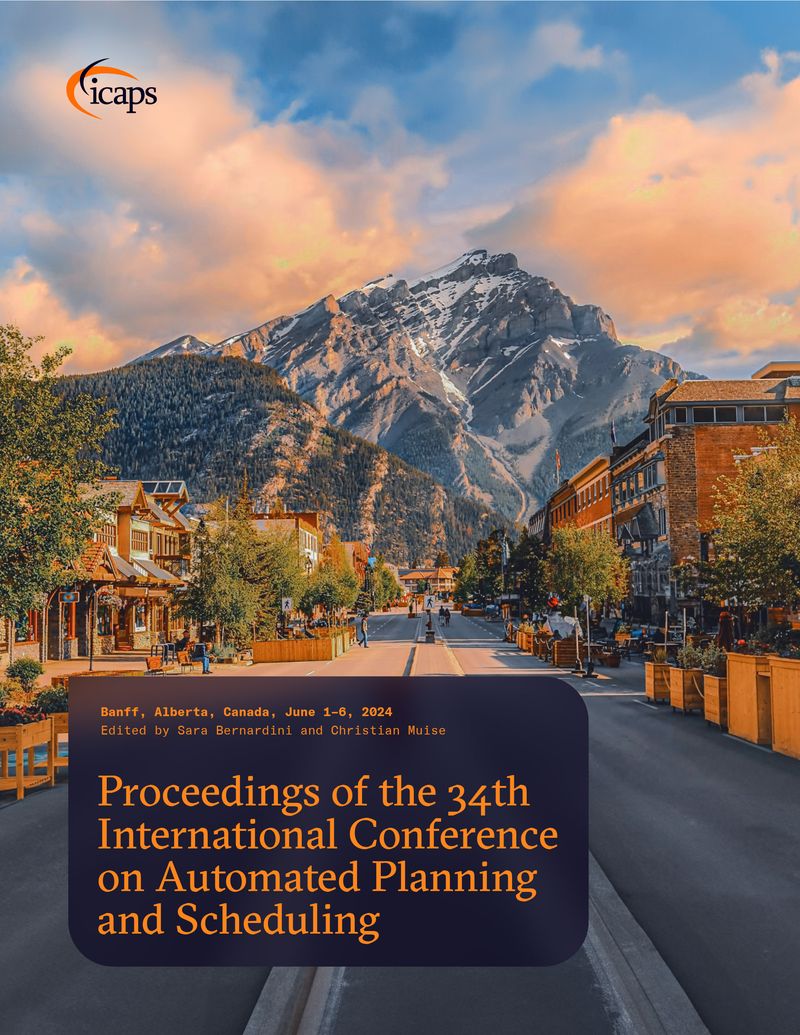Map Connectivity and Empirical Hardness of Grid-based Multi-Agent Pathfinding Problem
DOI:
https://doi.org/10.1609/icaps.v34i1.31508Abstract
We present an empirical study of the relationship between map connectivity and the empirical hardness of the multi-agent pathfinding (MAPF) problem. By analyzing the second smallest eigenvalue (commonly known as lambda2) of the normalized Laplacian matrix of different maps, our initial study indicates that maps with smaller lambda2 tend to create more challenging instances when agents are generated uniformly randomly. Additionally, we introduce a map generator based on Quality Diversity (QD) that is capable of producing maps with specified lambda2 ranges, offering a possible way for generating challenging MAPF instances. Despite the absence of a strict monotonic correlation with lambda2 and the empirical hardness of MAPF, this study serves as a valuable initial investigation for gaining a deeper understanding of what makes a MAPF instance hard to solve.Downloads
Published
2024-05-30
How to Cite
Ren, J., Ewing, E., Kumar, T. K. S., Koenig, S., & Ayanian, N. (2024). Map Connectivity and Empirical Hardness of Grid-based Multi-Agent Pathfinding Problem. Proceedings of the International Conference on Automated Planning and Scheduling, 34(1), 484-488. https://doi.org/10.1609/icaps.v34i1.31508

